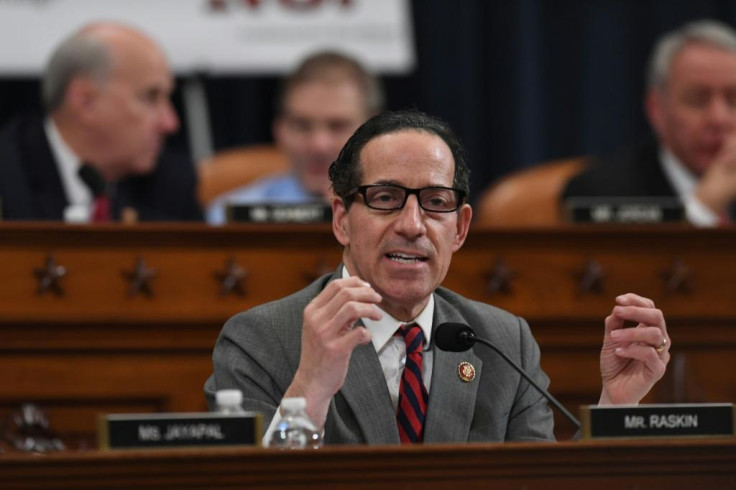
The fallout from Nigel Farage's condemnation of the UK's new Online Safety Act has drawn attention to a deeper divide between British and American attitudes towards online speech regulation.
While Farage and other UK conservatives argue the law suppresses dissent, visiting US lawmakers have raised broader concerns about its impact on digital platforms and civil liberties.
Farage, leader of Reform UK, labelled the legislation 'dystopian' and pledged to repeal it if his party enters government. Senior Reform figures, including former deputy leader Zia Yusuf, claim the law fails to protect children effectively and instead pressures tech firms to remove political content critical of the government.
Reform UK Promises Repeal
The Online Safety Act, which came into force on 25 July, requires technology companies to verify users' ages and deploy algorithms to detect harmful content, The Standard reported. Supporters argue it is designed to safeguard children from online abuse and dangerous material.
Critics contend it may drive young users to evade restrictions using the dark web or virtual private networks (VPN), while also enabling censorship of legitimate political debate. According to the Financial Times, VPN usage in the UK surged by more than 1,000% following the Act's introduction. Public figures including Nigel Farage have suggested the law could drive minors to unsafe corners of the internet.
US Lawmakers Voice Concerns
A bipartisan delegation from the US House Judiciary Committee visited London for meetings with UK ministers to discuss the law's implications. During one meeting, Farage reportedly interrupted proceedings, calling Democrat Congressman Jamie Raskin 'pig-headed' after Raskin voiced concerns about free speech threats under a second Donald Trump presidency, The Times reported. Raskin retorted, 'This is why we had a revolution.' Fellow Democrat Eric Swalwell described Farage's conduct as 'unhinged', likening him to a 'giant manbaby'.

Republican committee members, led by Chairman Jim Jordan, challenged the Act's effect on American-based platforms, warning it could restrict US users and conflict with First Amendment rights. Democrats took a more measured approach. Raskin acknowledged some positive aspects of the law but cautioned that vague language around 'harmful content' could be misused by regulators.
Ministers Defend the Law
Prime Minister Keir Starmer defended the legislation, saying Parliament would 'protect free speech forever'. He insisted the law targets only harmful content and does not endanger political expression, according to Sky News. Technology Secretary Peter Kyle accused Farage of undermining child safety, warning that repealing the law could make it easier for abusers to target minors. Farage rejected the claim outright, calling it 'disgusting', The Guardian reported.
Prosecutions and Tech Industry Pushback
Since the law came into effect, nearly 300 prosecutions have been brought for offences including false communications and online threats, according to official statistics. Campaigners argue that the Act's provisions on harmful content are overly broad, giving Ofcom and other regulators excessive discretion to suppress online speech.
Major technology firms, including WhatsApp and Apple, have expressed opposition to specific provisions of the law. They have particularly criticised requirements to create access points into encrypted services, saying this would compromise user privacy and cybersecurity, euronews reported. US lawmakers echoed those concerns in meetings with Ofcom, warning that weakening encryption in the UK could set a global precedent.
Divide on Free Speech
The clash involving Farage, US officials and UK ministers illustrates a wider philosophical divide. British authorities have emphasised child protection and public safety, even at the cost of tighter content regulation. By contrast, critics in both the UK and US warn that poorly defined laws risk enabling overreach and international censorship.
The Online Safety Act now stands as a test case for how liberal democracies manage online harms while maintaining open discourse. The ongoing debate highlights how far apart the UK and US remain in balancing safety with freedom of expression in the digital age.







